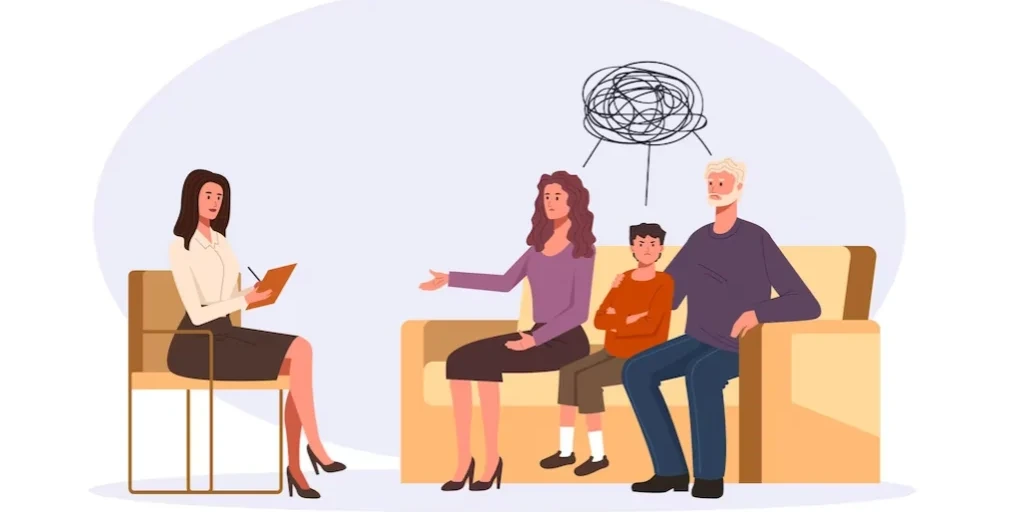24/7 Helpline:
(866) 899-221924/7 Helpline:
(866) 899-2219
Learn more about Dual Diagnosis Rehab centers in Gibbs

Other Insurance Options

Molina Healthcare

Multiplan

Carleon

Horizon Healthcare Service

Highmark

Ceridian

Anthem

Evernorth

Medical Mutual of Ohio

Sutter

Access to Recovery (ATR) Voucher

Oxford

BlueShield

WellPoint

Magellan

BlueCross

Sliding scale payment assistance

Private insurance

Choice Care Network

Lucent


Preferred Family Healthcare – Jamison Street
Preferred Family Healthcare is a mental health, behavioral health, and dual diagnosis treatment cent...

Mark Twain Behavioral Health
Mark Twain Behavioral Health is a private rehab located in Kirksville, Missouri. Mark Twain Behavior...

Preferred Family Healthcare
Preferred Family Healthcare offers a residential and outpatient program, CPRC, RCF, Prevention, Heal...


































Integrative Wellness Institute
Integrative Wellness Institute is a private rehab located in Kirksville, Missouri. Integrative Welln...

AA – Alcoholics Anonymous
AA – Alcoholics Anonymous is a non-profit rehab located in Kirksville, Missouri. AA – Alcoholics Ano...
















